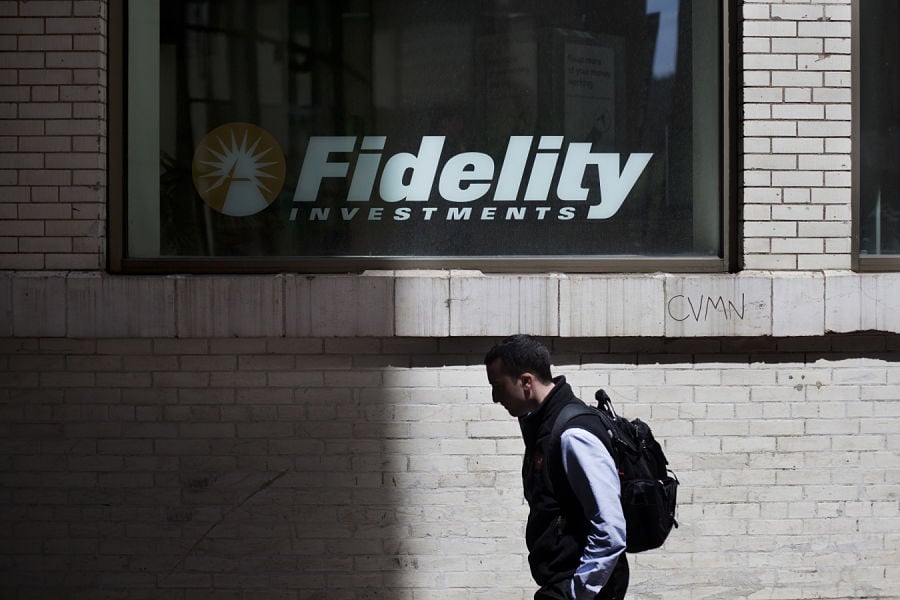

If chasing around millennial investors doesn’t make you feel old enough, the oldest Gen Zers are now flirting with the idea of entering the markets, and a well-known brokerage is launching tools to help teenagers buy and sell individual stocks.
Fidelity Investments Co. launched a new brokerage account in May geared toward the youngest Generation Z investors, those born between 1997 and 2015. The platform lets 13- to 17-year-olds open savings and brokerage accounts, giving teens the say in investment decisions, while their activity is monitored by parents or guardians online.
The accounts teach children about saving and investing, but they’re also an avenue to sign up young investors. In a race to attract clients as early as possible in their investing life cycle, wealth management firms have often used new platforms to attract and retain young clientele, who will one day acquire enough investable assets to become profitable.
Fidelity Spire, for example, was launched in March with the expressed goal of attaining the next generation of investors. With access to a robo-adviser, fractional shares and educational hubs, the goal is to establish long-term relationships with young prospects and move conversations toward proprietary products and services, according to the company’s vice president of young investors, Kelly Lannan.
Fidelity has the right idea in promoting financial literacy at a young age, but the larger focus should be on education — not access to the markets.
Earlier this month, Gov. Dan McKee, D-R.I., signed legislation that guarantees basic financial literacy education to all Rhode Island public school students and requires state education officials develop instructional standards on personal finance and consumer education.
It’s just one example of constructive ways to teach financial literacy tools to teenagers, without opening up access to actual brokerage accounts. Other states should consider similar proposals.
In general, savings accounts are viewed as much safer and appropriate options for minors. Even custodial Roth retirement accounts are a consideration with long time horizons that do wonders for compounding. Savings accounts also help young teens, who have yet to get their driver’s licenses, think about investing with the long-term in mind.
Of course, the risk of investing too early is losing money and turning teens away from investing altogether. But another pitfall is getting teens excited about buying and selling individual stocks, which many financial advisers don’t even do with their adult clientele.
More than 10 million new brokerage accounts opened in 2020, according to a J.D. Power study, many during the pandemic. This new generation of investors also helped spark the GameStop trading frenzy, which highlighted the financial literacy crisis facing Americans.
Fidelity has installed limits to keep teens safe while they learn about the markets, like a $30,000 cap on brokerage accounts and no options or on-margin trades, popular tools that often come with additional risk. In addition to stocks, teens can also trade exchange-traded funds and mutual funds through Fidelity, as well.
It’s true that people are never too young to start investing and it’s also true that the earlier children learn about the importance of managing money the better. But, actual investing is certainly not for the faint of heart.
While young investors will likely benefit from investing with the proper guidance in place, there are more effective ways to promote financial literacy than offering individual stock trades to teenagers.

Integrated Partners is adding a mother-son tandem to its network in Missouri as Kestra onboards a father-son advisor duo from UBS.

Futures indicate stocks will build on Tuesday's rally.

Cost of living still tops concerns about negative impacts on personal finances

Financial advisors remain vital allies even as DIY investing grows

A trade deal would mean significant cut in tariffs but 'it wont be zero'.
RIAs face rising regulatory pressure in 2025. Forward-looking firms are responding with embedded technology, not more paperwork.
As inheritances are set to reshape client portfolios and next-gen heirs demand digital-first experiences, firms are retooling their wealth tech stacks and succession models in real time.
